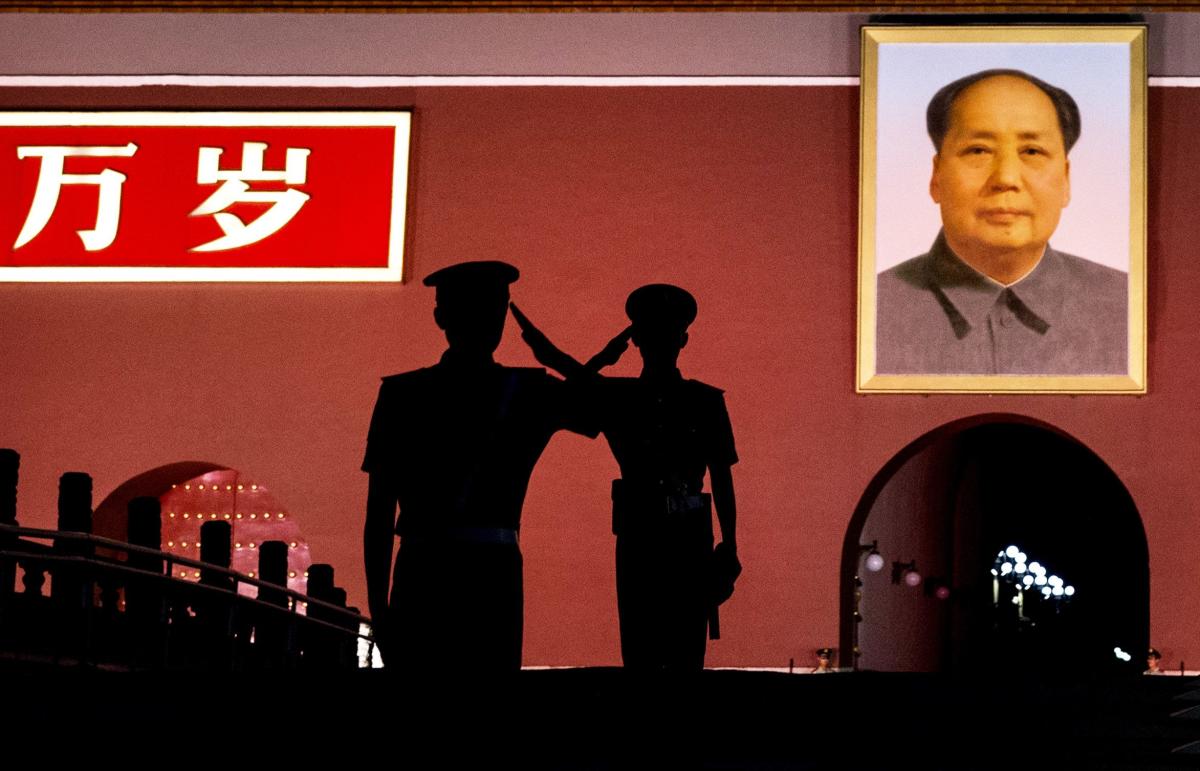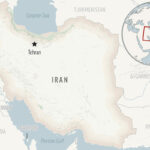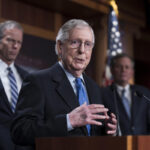
(Bloomberg) — Chinese President Xi Jinping’s summits with the US and its partners were likely an attempt to paper over the harm it has caused with numerous countries in recent years, a top US envoy said.
Most Read from Bloomberg
“President Xi took note of the damage that the wolf warrior and economic coercion has done to China,” US Ambassador to Japan Rahm Emanuel told reporters Monday, referring to the pugnacious, nationalistic approach that some of Beijing’s diplomats have used.
“It’s an attempt to air brush those out of people’s memory,” he said.
Xi tried to thaw the diplomatic chill during summits in Asia in recent days that included meetings with US President Joe Biden, Japanese Prime Minister Fumio Kishida, and the leaders of several other major democracies that have had diplomatic and trade disputes with Beijing.
The outreach came as the US pressured security partners including South Korea, the Netherlands, Taiwan and Japan to comply with sweeping curbs on the sale of advanced semiconductors to China. The Biden administration’s policy is aimed at preventing China’s advance in a range of cutting-edge technologies that could threaten America’s status as the world’s pre-eminent power.
“When China tries to dominate something, it’s not just a sector. It’s you,” Emanuel said in the address to the Foreign Correspondents’ Club of Japan. “They’ve said it and they’ve done it time and again, and the president is saying those days are over.”
Why China’s Diplomats Snarl at ‘Wolf Warrior’ Label: QuickTake
China has largely eschewed the “wolf warrior” label but some of its diplomats have become known for blasting leading democracies when they criticized Beijing for its record on human rights and aggressive military actions in the region. They’ve also resorted to peddling conspiracy theories at times, suggesting that the coronavirus may have originated at US military facilities.
Biden and Xi held their first in-person summit last week in Bali in a meeting that lasted about three hours and helped ease tensions. The US said the two sides would resume cooperation on climate change and food security issues, and that Biden and Xi jointly chastised the Kremlin for loose talk of nuclear war over Ukraine.
Emanuel said caution was needed when it comes to Beijing, especially its access to critical technologies such as semiconductors. He argued that China benefited from the old model of globalization where companies optimized their operations for low costs.
A new model is emerging that will benefit stable democracies like the US and Japan, he said, because they offer corporations a “predictability premium.”
“In a post-Covid, post-Chinese coercion and post-Russian war in Ukraine era, we are in the early stages of significant economic restructuring and transformation so that like-minded countries are never again vulnerable to those who want to upend the global economy or rules that hold it together,” he said in prepared remarks.
Most Read from Bloomberg Businessweek
©2022 Bloomberg L.P.




